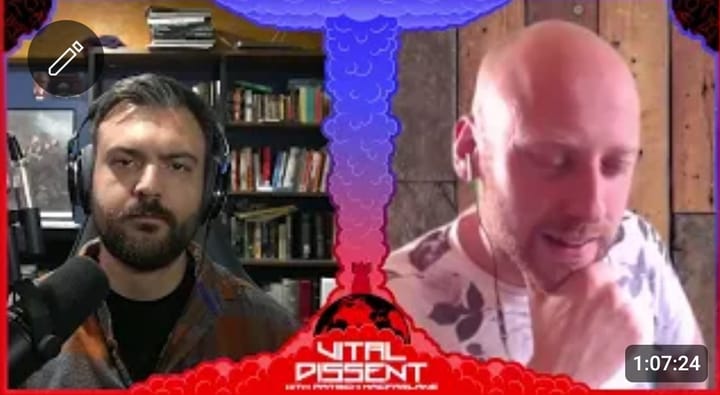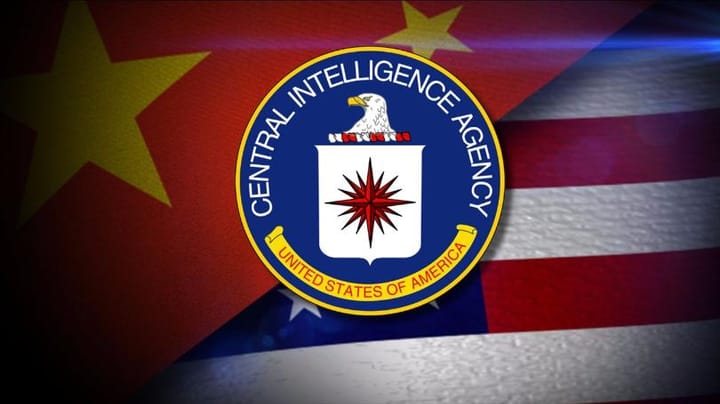Brzezinski's Proxy War Playbook

In 1998, Jimmy Carter's National Security Advisor Zbiegnew Brzezinski told Le Nouvel Observateur that the CIA "knowingly increased the probability" that the Russians would invade Afghanistan by covertly supporting the Mujahideen before the Soviet invasion. Later in the interview, Brzezinski claimed that this covert intervention caused the end of the Soviet Union:
B: Regret what? That secret operation was an excellent idea. It had the effect of drawing the Russians into the Afghan trap and you want me to regret it? The day that the Soviets officially crossed the border, I wrote to President Carter, essentially: “We now have the opportunity of giving to the USSR its Vietnam war." Indeed, for almost 10 years, Moscow had to carry on a war that was unsustainable for the regime, a conflict that brought about the demoralization and finally the breakup of the Soviet empire.
In July 2014, almost half a year after the Maidan Revolution and Russia's subsequent annexation of Crimea, Brzezinski hinted at a similar plan for Ukraine, although he couched it in defensive terms. He wrote on the Atlantic Council's blog:
If Ukraine has to be supported so that it does resist, the Ukrainians have to know the West is prepared to help them resist. And there’s no reason to be secretive about it. It would be much better to be open about it and to say to the Ukrainians and to those who may threaten Ukraine that if Ukrainians resist, they will have weapons. And we’ll provide some of those weapons in advance of the very act of invasion. Because in the absence of that, the temptation to invade and to preempt may become overwhelming. But what kind of weapons is important. And in my view, they should be weapons designed particularly to permit the Ukrainians to engage in effective urban warfare of resistance.
In September 2014, Brzezinski revisited the topic in an MSNBC interview:
For the moment, the NATO alliance -- as well as Europe and America jointly -- have not been giving military aid to Ukraine. But I would not exclude the possibility of some defensive weaponry being given to the Ukrainians before too long, simply if the Russians, and particularly Putin, continue to try to intimidate Ukraine. That’s not the same thing as defending them; it’s helping them defend themselves.
MSNBC: Is that the middle path you think the United States is going to take -- something more than economic sanctions, but less than proxy war?
Brzezinski: I think so. It seems to me that if we really are serious about Ukraine having the right to be an independent state with a friendly relationship with Europe, but not necessarily a member of NATO, and if Ukraine is not only threatened but actually victimized by Russia using force, then some defensive arms -- publicly given -- but only defensive weaponry, handed over to the Ukrainians makes eminent sense. It contributes to greater stability and it’s more likely to deter Mr. Putin than if he’s in effect given the green light to use as much force as he feels like.


